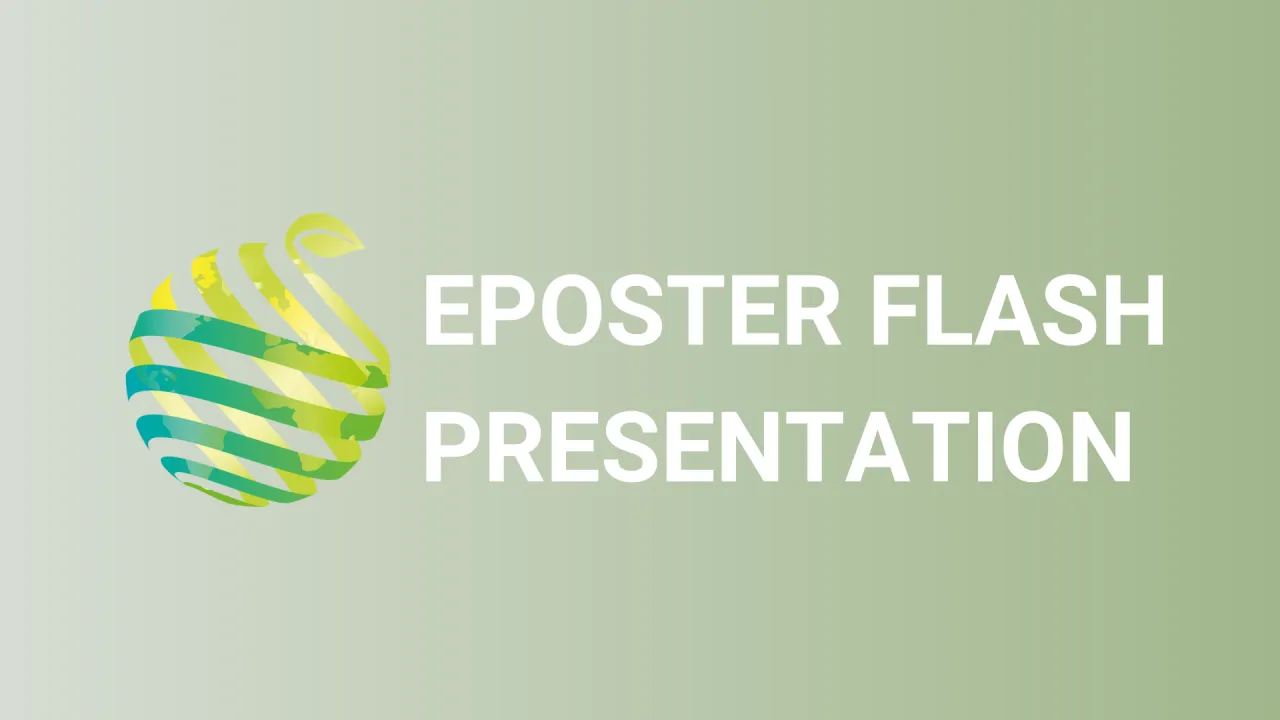![S14 - Session P6 - Downy mildew evaluation in wild rocket genotypes [Diplotaxis tenuifolia (L.) DC.] under field and controlled condition](https://img.swapcard.com/?o=webp&u=https%3A%2F%2Fcdn-api.swapcard.com%2Fpublic%2Fimages%2F91991557ad2740fe9d9575e9ab870a31.png&q=0.8&m=fit&h=720)

S14 - Session P6 - Downy mildew evaluation in wild rocket genotypes [Diplotaxis tenuifolia (L.) DC.] under field and controlled condition
Information
Authors: Paula Coelho *, Ana L Pereira, João Reis, Corina Carranca, Violeta Lopes, José M Leitão
Wild rocket downy mildew (DM) is a foliar disease caused by the oomycete Hyaloperonospora spp. that limits the production of Brassica , especially in temperate climates, infecting plants at all growth stages. During 2021 autumn season, a field trial (polytunnel) with a set of forty wild rocket accessions from different origins (harvest missions, gene banks, varieties) was installed in a commercial enterprise located in Odemira, southern Portugal. The plants were naturally infected by Hyaloperonospora spp. and were visually evaluated 71 days after sowing. Field observations of adult plants evidenced differences among accessions concerning the DM resistance and agronomic traits (e.g. flowering date, vigour, plant habit, leaf serration). Sixteen wild rocket accessions were identified with an interesting resistance response to DM in adult phase. In a previous study, the wild rocket accessions were tested to Hyaloperonospora isolate D5 at seedling stage under controlled conditions. A significant coefficient of correlation was observed (r=0.628, P =0.000, n=36) by comparing the plants in both growth phases. The accessions were more resistant at adult than at seedling stage. No accessions were resistant at seedling and susceptible at adult stage. However, two accessions with a highly susceptible response at seedling stage presented a resistant and a partially resistant response at adult phase under the field condition. Our results suggest that DM resistance observed at the seedling stage is a good indication of wild rocket resistance behaviour at field adult plant. The most promising accessions at seedling stage identified as resistant or partially resistant may be further exploited in breeding programmes.